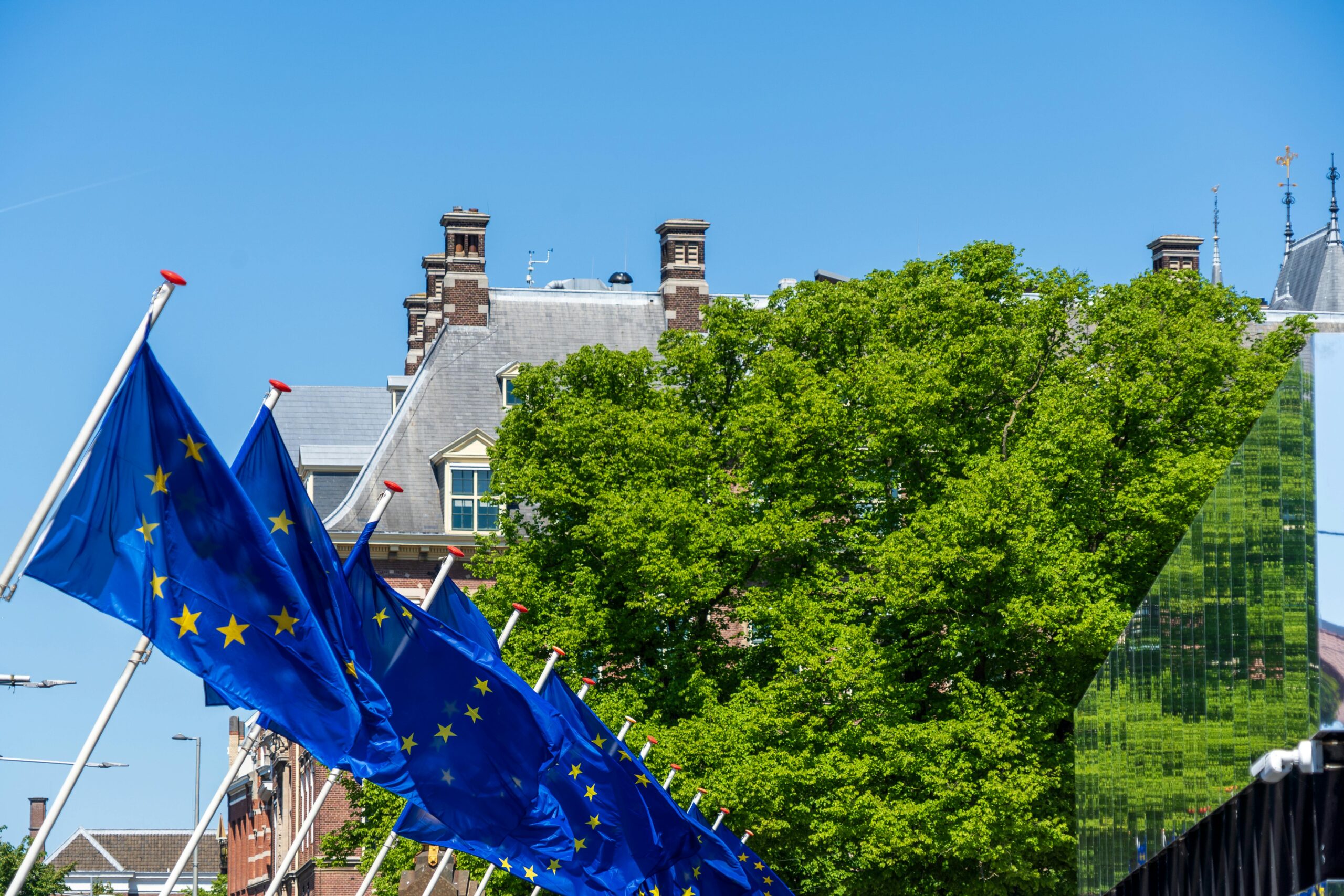On Wednesday (30 October), the European Commission adopted its annual Enlargement Package, which provides a detailed assessment of the state of play and the progress made by Albania, Bosnia and Herzegovina, Kosovo, Montenegro, North Macedonia, Serbia, Georgia, the Republic of Moldova, Ukraine and Türkiye. The assessments are joined by recommendations and guidance for the reform priorities on their respective paths towards EU accession.
The enlargement process is merit-based and investigates the progress made by each of the countries. It offers an opportunity for both EU member states and partner countries to gain political, socio-economic, and security benefits from a larger, stronger Union. Democracy and the rule of law are the foundations of the enlargement process. The enlargement process gained new momentum in 2023 and 2024 with the opening of accession negotiations with Albania, Ukraine, Moldova and Bosnia and Herzegovina.
In Montenegro, progress is still required in terms of the rule of law and in the judiciary. For Albania, it is crucial for the authorities to intensify the pace of EU reforms, mostly on the rule of law, consolidating the track record on law enforcement, promotion of fundamental rights, media freedom, and effectively fighting corruption and organised crime. Serbia is expected to speed up efforts toward implementing EU-accession-related reforms, with a particular focus on the rule of law and shutting down foreign disinformation and manipulation. North Macedonia still needs to deliver on the implementation of EU-related reforms, notably in the judiciary and in the fight against corruption and organised crime. Bosnia and Herzegovina has shown notable results in migration management and in alignment with the EU’s Common Foreign and Security Policy.
Kosovo must intensify efforts to strengthen the rule of law and protect freedom of expression, while Moldova’s path to EU accession continues to face Russian interference. Subject to Ukraine meeting all the conditions, the Commission is looking to the opening of negotiations on clusters, starting with fundamentals, as early as 2025. The Georgiangovernment have halted accession talks, while Türkiye is recognised as a candidate country and a crucial partner for the European Union.
The Council will consider the recommendations laid out by the European Commission and make decisions on the steps ahead for each country in the enlargement process. New tools and instruments are boosting the socio-economic growth in the EU’s partner countries, such as increased financial assistance and some benefits of the single market. In addition to the economic and Investment Plans, there is a €6 billion Reform & Growth Facility for the Western Balkans and a €50 billion Ukraine Facility. The Commission also presented the Growth Plan for Moldova, comprising a €1.8 billion Reform & Facility.

